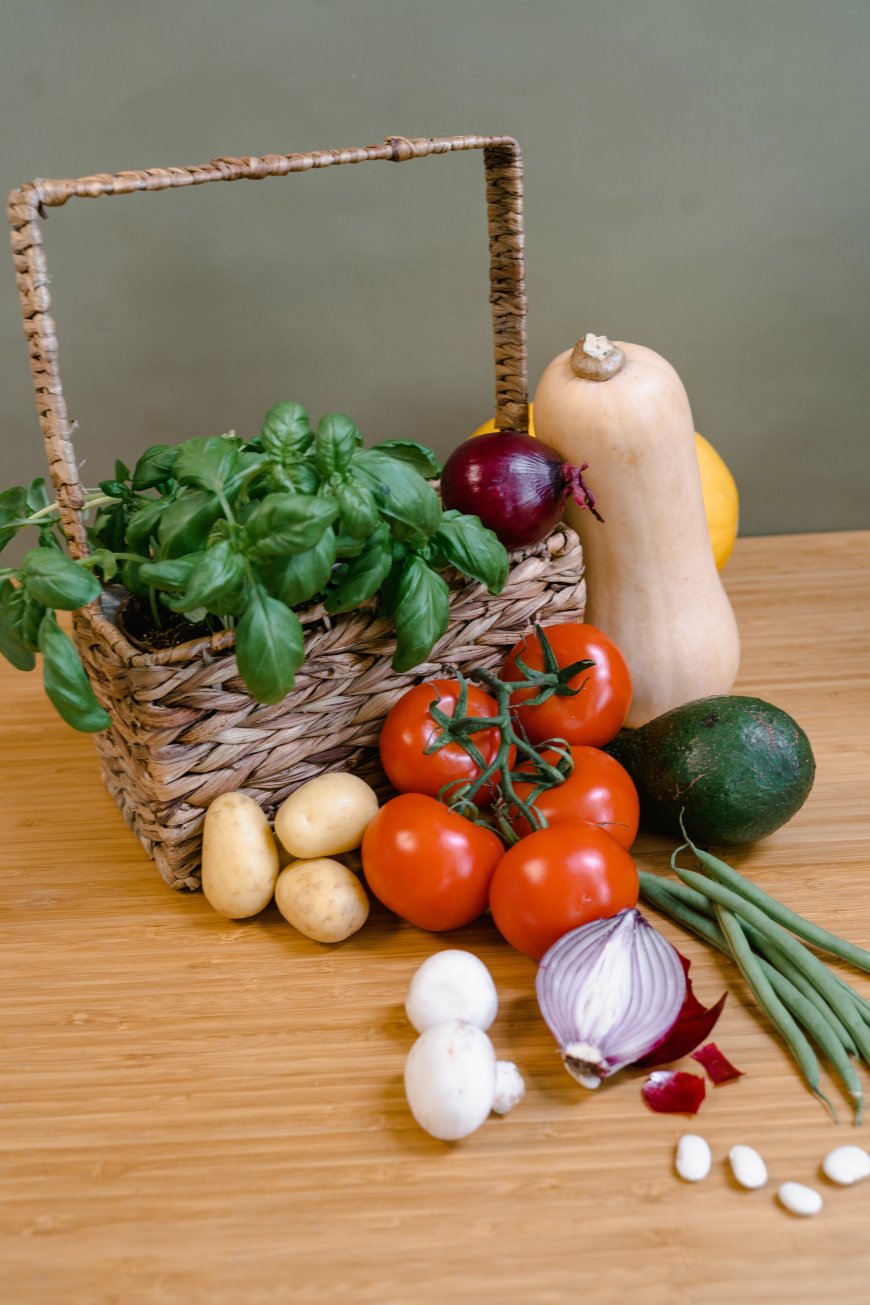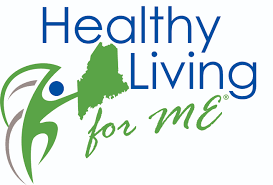The science of nutrition in cancer prevention.

Cancer is a multifactorial and complex disease that impacts the state of your body. While genetics may not be in your control, dietary habits certainly are. It has been well-documented that diet affects different stages of cancer. In light of the role genetic pathways play in the growth of cells and the ongoing parallel response of hormones and chemicals in the body, dietary components may play an important role in cancer prevention and control through molecular targets. Several clinical studies have demonstrated the connection between dietary habits and cancer risk. Dietary elements influence certain cancers in terms of their incidence and prevalence and biological and genetic characteristics.
We will be better able to determine the role of diet and nutrition in cancer prevention as we learn more about the unique cellular behaviors and nutrient targets.
FOOD AND CANCER
Food is far more than a life staple. Over the past three decades, interest has grown in the perception that dietary habits influence cancer incidence and prevalence. In this regard, nutritional genomics has played an important role, with researchers analyzing the physiological importance of nutrients and the body's reaction to them, for example, the role of diet in prostate cancer.
Diet and nutrition are important in preventing cancer. Through interaction with signature molecular targets, dietary components exert a biological response within cells. In nutritional genomics, high-quality functional genomics technologies define cell-nutrient interactions. Though it is still in its infancy, it is likely to have a wide range of applications for cancer prevention.
Approximately five hundred dietary elements have been found to influence or modify cancer protocols in cells so far. These include allelochemicals from plant sources and zoochemical from animal-based food. Some of the mechanisms by which dietary nutrients may contribute to cancer prevention include the following:
1. Prevention of genetic harm brought on by endogenous and external factors by
· Limiting cells from absorbing carcinogens
· Delaying the onset of substances that cause cancer.
· Accelerating the process of detoxification.
· Scavenging uncharged oxygen atoms.
· Preventing carcinogens from binding to DNA.
2. Stimulating the repair of structural and functional genetic flaws by:
· Restoring healthy methylation in cells.
· Encouraging endogenous repair
3. The elimination of damaged or cloned cells by:
• Increasing apoptosis.
• Encouraging cell differentiation.
• Improving immune monitoring.
4. Controlling the proliferation of cancer cells to prevent their expansion and clonal evolution through:
• Slowed angiogenesis.
• Slowed proliferation.
Read our next article for information on dietary guidelines for cancer prevention.







